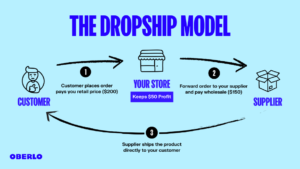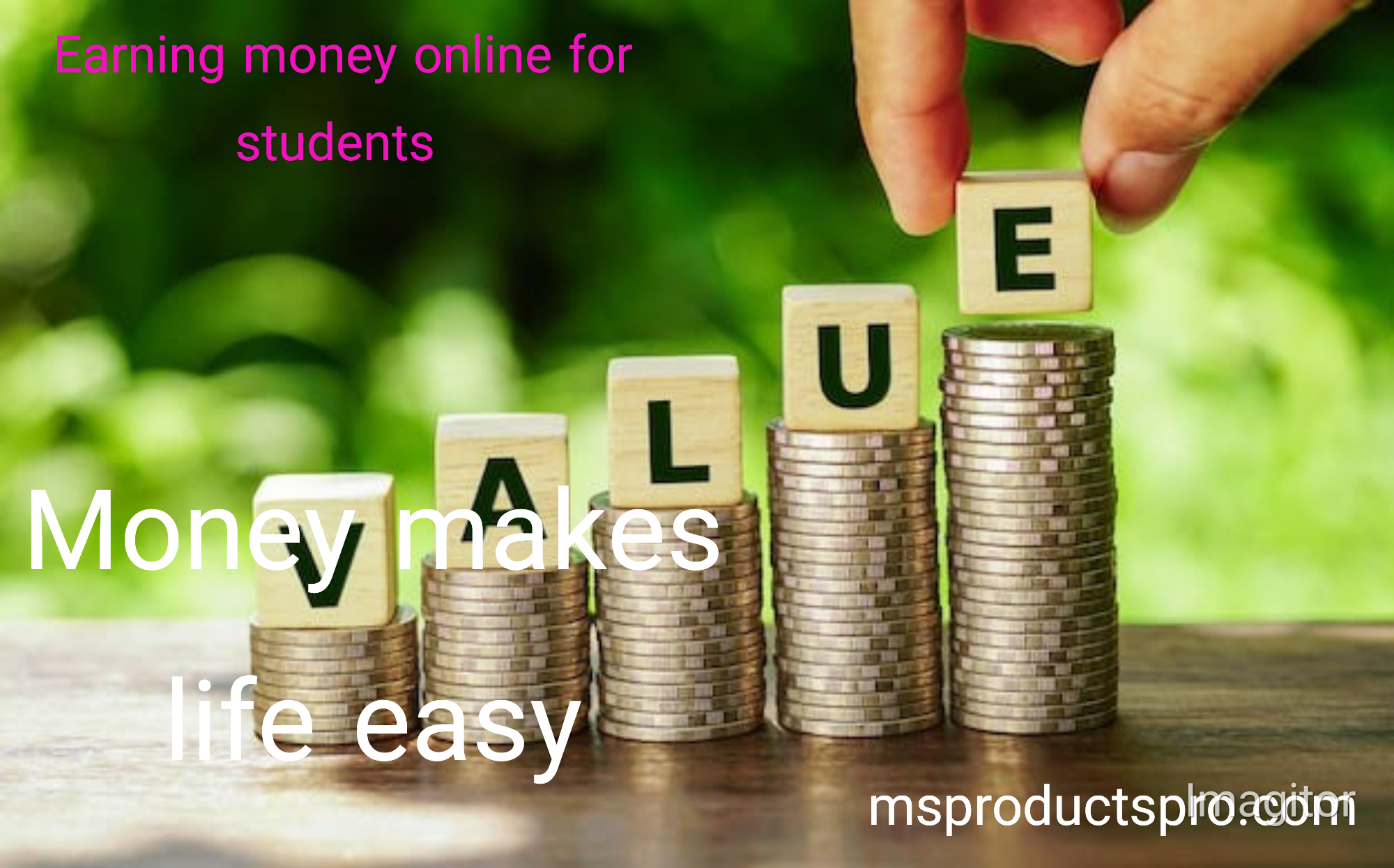If you’re curious about how students can earn money online, you’ve come to the right place!
What is Money?
Money refers to any object or verified record widely accepted as a means of payment for goods, services, and debt repayment, including taxes, within a specific country or socio-economic system.

The core functions that define money include serving as a medium of exchange, a unit of account, a store of value, and occasionally, a standard for deferred payments.For complete video tutorial click me
Historically, money emerged organically in markets, often holding intrinsic value as a commodity. In modern economies, however, most monetary systems rely on fiat currency, which has no inherent use value. Instead, its worth is derived from societal consensus, upheld by government or regulatory bodies designating it as legal tender. For instance, the U.S. dollar must be accepted for settling all debts, both public and private, within the United States.
A nation’s money supply encompasses all currency in circulation, including coins and banknotes, and can also include different forms of bank money, such as balances in checking, savings, and other bank accounts. Bank money, which exists digitally on financial institution records and can be converted into cash or used for electronic transactions, constitutes the majority of the total money supply in developed economies.
Methods:
Here are several effective methods for earning money online for students:
1. Freelancing

Required Skills: Writing, graphic design, web development, video editing, etc.
Popular Platforms: Upwork, Fiverr, Freelancer, Toptal.
2. Content Creation
YouTube: Earn through ads, sponsorships, and memberships by creating engaging videos.

Blogging: Generate income via ads, affiliate marketing, and sponsored content.
Podcasting: Monetize through sponsorships, ads, and subscriptions.
3. Affiliate Marketing

Promote products or services and receive a commission for each sale made through your unique referral. What is Affiliate Marketing-An in-depth guide
Top Platforms: Amazon Associates, ClickBank, ShareASale.
4. Online Tutoring or Teaching

Teach subjects like languages, school courses, or professional skills.
Platforms to Use: VIPKid, iTalki, Udemy, Skillshare, Teachable.
5. Selling Digital Products
Create and sell items like eBooks, templates, digital art, or stock photography.
Platforms: Gumroad, Etsy (for digital downloads), Kindle Direct Publishing.
6. Print-on-Demand
Design custom products like t-shirts or mugs, and a service will handle printing and shipping.
Platforms: Printful, Redbubble, Teespring.
7. Dropshipping

Sell products online without keeping inventory; suppliers handle shipping directly to customers.
Tools & Platforms: Shopify, WooCommerce, Spocket.
8. Remote Jobs
Work online as a virtual assistant, social media manager, or customer service agent.
Where to Find Jobs: Remote.co, We Work Remotely, LinkedIn.
9. Stock Trading and Investing

Buy and sell stocks, ETFs, or cryptocurrencies for profit.
Trading Platforms: Robinhood, eToro, Coinbase.
Note: Requires financial knowledge and risk management skills.
10. Online Surveys and Market Research
Earn small rewards by completing surveys or testing websites.
Recommended Platforms: Swagbucks, Survey Junkie, UserTesting.
11. Social Media Management
Manage and grow social media profiles for businesses or influencers to help increase their engagement.
12. Writing and Publishing eBooks

Write and self-publish fiction, non-fiction, or instructional guides.
Publishing Platforms: Amazon Kindle, Smashwords.
These methods offer different levels of effort, skills, and income opportunities. Pick the ones that align with your strengths and goals!
What Is Money, Really?
At its core, money is a medium of exchange. Long ago, societies relied on bartering—trading goods directly (for example, wheat for cloth). As trade became more complex, a universally accepted item was needed to simplify transactions. Thus, the first forms of money appeared: shells, coins, gold, and later, paper currency.
Money as a Tool

Many philosophers and financial experts emphasize that money is neither good nor evil; it is a tool. Like any tool, its impact depends on how we use it. Used wisely, money can:
1. Money Provide Security:
Having financial reserves ensures peace of mind during emergencies.
2. Money Enable Freedom:
Money allows us to pursue passions, travel, or start new ventures.
3. Money Create Opportunities:
Whether it’s investing in education or starting a business, money fuels growth.
4. Money Support Causes:
Philanthropy, charity, and social impact projects rely on financial resources.
But when misused, money can create stress, foster greed, and lead to ethical compromises.

